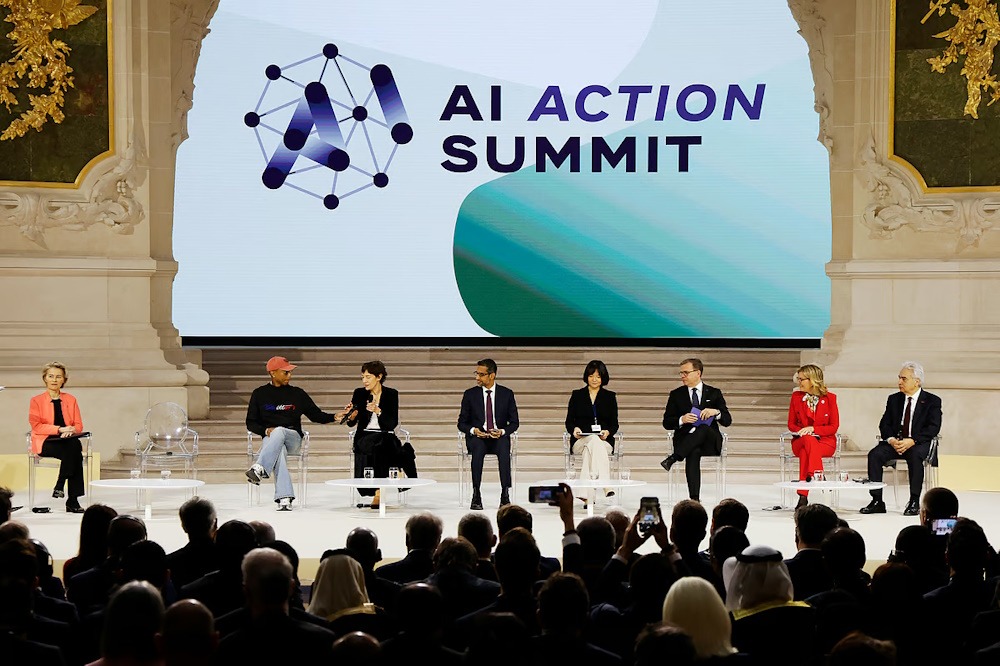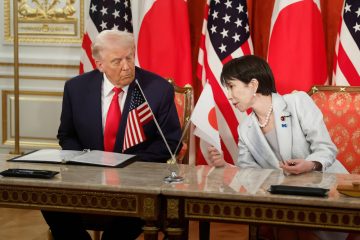The EU promises $200 billion to invest on AI

The European Union has committed $200 billion towards artificial intelligence initiatives, aiming to bridge the technological gap with the United States and China. The European Union has committed to mobilizing 200 billion euros ($206.15 billion) for investment in artificial intelligence, aiming to close the gap with the U.S. and China in the competition to develop the most sophisticated models.
Ursula von der Leyen, President of the European Commission, articulated the bloc’s ambition to enhance its competitive edge against the U.S. and China in the realm of artificial intelligence. The initiative, named InvestAI, encompasses a substantial 20 billion-euro fund aimed at establishing AI gigafactories, which are facilities dependent on advanced chips to develop the most sophisticated AI models. “Our ambition is for Europe to emerge as a frontrunner in the AI landscape, which necessitates the integration of AI into every facet of life,” von der Leyen remarked at the AI Action Summit in Paris.
The announcement highlights the EU’s ambition to establish itself as a significant contender in the race for artificial intelligence supremacy. The bloc has struggled to keep pace with the U.S. and China since the 2022 launch of ChatGPT by OpenAI, which triggered a surge in investment. The commitment from the EU follows closely on the heels of Washington’s announcement of Stargate, an AI joint venture designed to establish data centers in the United States for OpenAI. Stargate has secured initial equity funding from OpenAI, SoftBank Group, Oracle, and MGX, with technology partnerships established with Arm, Microsoft, and Nvidia. The firms are pledging an initial investment of $100 billion, with aspirations to allocate as much as $500 billion over the forthcoming four years.
Concurrently, Beijing has advanced significantly in the realm of technology. A Chinese firm, DeepSeek, has unveiled AI models that reportedly come close to the performance of their American counterparts, despite relying on less sophisticated chips. This development prompts a reevaluation of the necessity for substantial investments in high-end hardware from industry leaders like Nvidia and others. “Frequently, I encounter assertions that the EU is lagging behind,” von der Leyen remarked, emphasizing that it is “far from being over.”
The commission’s preliminary financing for InvestAI will derive from current EU initiatives, although contributions from member states are also permissible. InvestAI will feature a multi-tiered fund, comprising shares that exhibit varying levels of risk and return characteristics. The European Union is seeking to set up gigafactories for the development of sophisticated and expansive AI models. The facilities are set to incorporate approximately 100,000 cutting-edge AI chips, a figure that is nearly quadruple the amount currently being deployed in the AI factories under construction.
In December, the bloc chose multiple consortia to set up seven AI factories, with intentions to reveal an additional five in the near future. Von der Leyen announced that the InvestAI fund would support the establishment of AI gigafactories via a combination of grants and equity investments.










